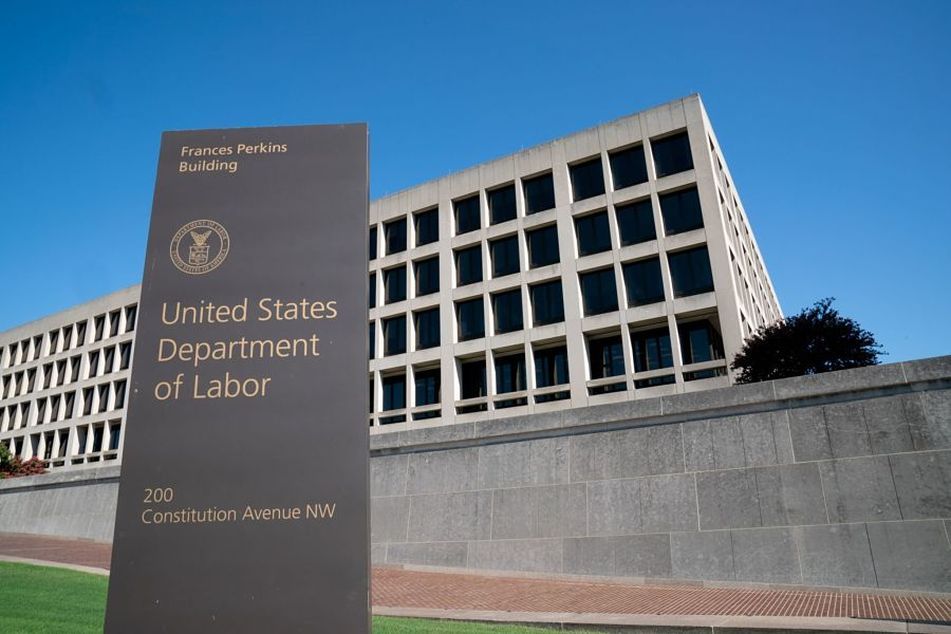DOL advice proposal criticized by both sides at hearing

Fiduciary status test draws criticism for creating loopholes, casting net too widely
Investor advocates and financial industry representatives criticized a Department of Labor proposal to revise investment advice rules for retirement accounts during an online hearing Thursday.
The DOL proposal would provide an exemption to allow retirement plan investment fiduciaries to receive compensation — such as commissions, 12b-1 fees and revenue sharing — that would otherwise be prohibited as long as they act in the best interests of plan participants.
Witnesses at Thursday’s hearing expressed concerns about a five-part test that would determine whether a retirement plan adviser is a fiduciary under federal retirement law.
The test, which was established more than 40 years ago, was reinstated in the preamble to the proposal after being scrapped by an Obama administration regulation that was vacated in 2018 by the U.S. 5th Circuit Court of Appeals.
The agency’s current proposal replaces the Obama-era measure and would align with the Securities and Exchange Commission’s Regulation Best Interest, the new broker advice standard that was implemented on June 30.
Investor advocates said the five-part test was more like a sieve and would allow too many financial advisers to avoid fiduciary requirements under the Employee Retirement Income Security Act of 1974.
“We’re going to see advisers look for loopholes and get around ERISA,” said Sam Edwards, president of the Public Investors Advocate Bar Association.
In his testimony, Edwards gave examples of retirement savers who were harmed by conflicted investment advice from brokers — a situation he said would be exacerbated by the five-part test.
He also named several brokerages that he said write customer contracts that allow them to sidestep fiduciary obligations when recommending rollovers from employer-sponsored retirement plans to individual retirement accounts.
“Even if there is the chance that a brokerage firm would otherwise meet the test, we have seen brokerage firms use carefully tailored language in their account agreements to ensure that they do not meet the five-part test,” said Edwards, a partner at Shepherd Smith Edwards & Kantas.
Financial industry representatives said the test was too expansive and would trigger fiduciary responsibility for too many advisers who were conducting financial transactions rather than giving investment advice.
Witnesses speaking for the insurance industry said the five-part test as described in the preamble to the advice proposal casts the fiduciary net too widely.
Brad Campbell, a former assistant secretary of Labor and head of its Employee Benefits Security Administration, said the DOL’s interpretation of the test would deem a single rollover recommendation to be the basis for an ongoing relationship that would make an adviser a fiduciary.
“If it turns out that’s regular basis, I’ve been going to the gym for several months,” said Campbell, a partner at Faegre Drinker Biddle & Reath.
Campbell said the DOL proposal is vulnerable to a court challenge.
James Szostek, vice president and deputy for retirement security at the American Council of Life Insurers, said the DOL proposal would erroneously make advisers fiduciaries if they receive compensation from a transaction, such as selling an annuity. Instead, he asserted, fiduciary duty should only arise from providing investment advice for a fee.
“We are concerned that retirement savers will once again be denied the choice of nonfiduciary services,” Szostek said. “This would negatively impact Americans with low and moderate retirement balances who typically engage financial professionals on a transactional basis and may not have the wherewithal to secure fiduciary services.”
Barbara Roper, director of investor protection at the Consumer Federation of America, said the opposition from both sides of the fiduciary debate shows the DOL should rethink its proposal.
“Insurers want a clear path to avoid the fiduciary definition and an even weaker exemption than the DOL has proposed when it does apply,” Roper tweeted. “Sounds like even the rule’s supposed supporters think DOL should go back to the drawing board.”
Roper was scheduled to testify on an afternoon panel of the DOL meeting, which will last most of the day.
The agency at first denied requests for a hearing on the proposal and then reversed itself last month. Democratic lawmakers who pushed for the hearing called on the DOL to reopen the comment period in a letter Wednesday.
The agency, which provided only a 30-day comment period, is on a fast track to complete the rulemaking before the end of the Trump administration’s term. The longer it takes to get to a final regulation, the more vulnerable the measure is to being overturned by a Democratic administration.
Learn more about reprints and licensing for this article.








